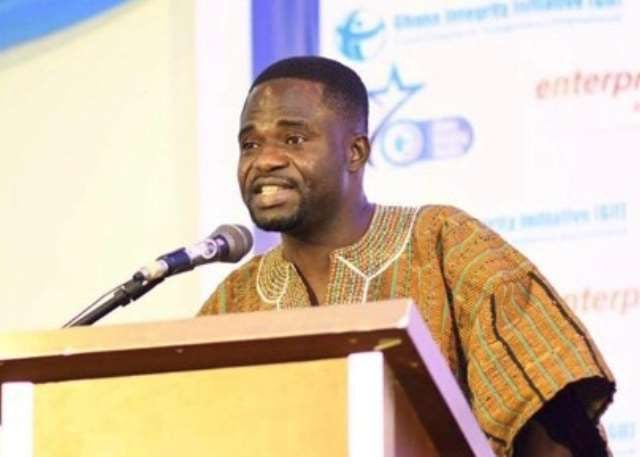Manasseh Azure Awuni, a prominent Ghanaian investigative journalist, has expressed deep concerns about the potential failure of the “Operation Recover All Loots” (ORAL) anti-corruption campaign initiated by the ruling National Democratic Congress (NDC) government. Azure argues that the government’s tendency to discontinue legal proceedings against individuals sympathetic to the NDC undermines the credibility and effectiveness of the anti-corruption drive. He emphasizes the importance of transparency and accountability, urging the government to provide clear and justifiable reasons to the public whenever it decides to drop charges against its own members. This practice, he warns, creates the impression of selective justice and fuels public skepticism about the government’s true commitment to combating corruption. Azure contends that discontinuing cases against party loyalists effectively transforms “Operation Recover All Loots” into “Operation Clear All Looters,” thus negating the initiative’s intended purpose.
Azure’s critique centers on the principle that the power to prosecute or discontinue legal proceedings ultimately resides with the people, and the Attorney General, as a public servant, must exercise this power in the best interests of the citizenry. He calls upon Attorney General Dr. Dominic Ayine, who has been instrumental in discontinuing some of these cases, to uphold this principle and prioritize the public interest above political considerations. Azure insists that the Attorney General’s decisions must be grounded in sound legal reasoning and demonstrably serve the broader objective of eradicating corruption, rather than shielding politically connected individuals from accountability. The selective application of justice, he argues, erodes public trust and undermines the very foundation of the rule of law.
The ORAL initiative, established to recover misappropriated state resources from past government officials, is a cornerstone of the NDC’s anti-corruption agenda. The committee tasked with investigating these alleged offenses is expected to submit its report to the President, who will then determine the appropriate course of action. This process is under intense scrutiny, and the government’s handling of the report will be a crucial test of its commitment to fighting corruption impartially. The public expects concrete actions and demonstrable results, not simply another round of investigations that ultimately lead to no prosecutions.
President John Mahama has also announced plans to introduce a code of conduct for his appointees and to strengthen mechanisms for holding public officials accountable. This commitment to ethical governance, if effectively implemented, could significantly bolster the fight against corruption. However, the President’s pronouncements must be followed by concrete actions and institutional reforms. A mere code of conduct, without robust enforcement mechanisms and a genuine commitment to transparency, will not suffice. The public demands real accountability, not just symbolic gestures.
Azure’s criticisms highlight a fundamental tension between political expediency and the pursuit of justice. Governments often face pressure to protect their own members, even when those members are accused of wrongdoing. However, succumbing to this pressure undermines the integrity of the legal system and sends a dangerous message that those in power are above the law. The success of the ORAL initiative, and indeed the credibility of the government’s entire anti-corruption platform, hinges on its willingness to hold everyone accountable, regardless of their political affiliations.
The fight against corruption in Ghana, as in many other countries, is a complex and challenging undertaking. It requires strong political will, robust institutional frameworks, and the active participation of a vigilant citizenry. Journalists like Manasseh Azure Awuni play a crucial role in holding power accountable and ensuring that the government’s actions align with its stated commitments. The effectiveness of initiatives like ORAL will ultimately depend on the government’s ability to demonstrate its commitment to transparency, accountability, and the impartial application of the law. The public is watching closely, and their trust must be earned through concrete actions, not just words.














